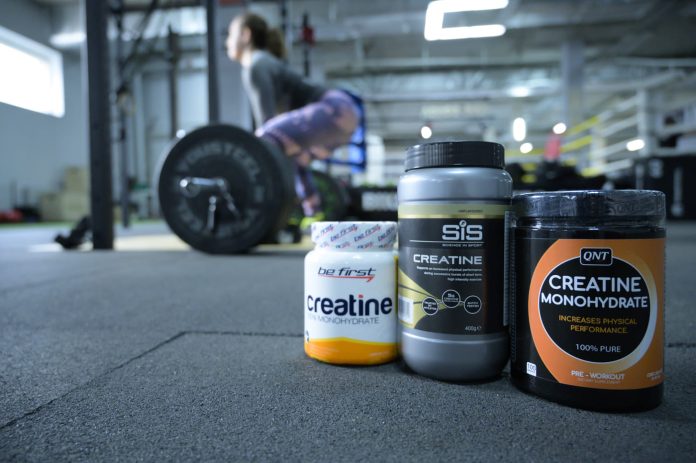Creatine is known for its ability to increase phosphocreatine stores in the muscles. This process promotes the production of adenosine triphosphate (ATP), the energy currency for muscle contractions. "This makes creatine particularly useful for activities that require short, intense bursts of energy, such as weightlifting and sprinting," explains Dr. Mark Fell, nutritionist and research associate at the Ineos Grenadiers professional cycling team.
Studies confirm the effectiveness of creatine in increasing muscle strength and mass. One notable study from 1999 showed a 32 percent increase in weight lifted by participants taking creatine compared to a placebo group. Another 2017 study reported a 7.2% increase in muscle mass over eight weeks.
However, not all athletes receive the same level of benefit from creatine. For example, endurance athletes may see smaller gains, although benefits remain when high-intensity training is included.
Cognitive benefits
Recent evidence suggests that creatine may also have a positive effect on cognitive function. The brain, consuming a significant amount of energy, can benefit from the increased energy availability provided by creatine. Early research suggests it may improve memory, processing speed, and even aid in concussion recovery.
Safety and myths
Creatine is considered safe when used in recommended doses. The most common side effect is water retention in the body, which can lead to a slight increase in body weight. Despite common myths about potential side effects such as kidney damage and hair loss, a comprehensive 2021 review confirmed that creatine is safe for most people when used properly.
Tips for use
Creatine can provide both physical and cognitive benefits, making it a unique supplement. As with any supplement, it is important to consult with a healthcare professional before beginning a new regimen to ensure it meets your individual needs and goals.


